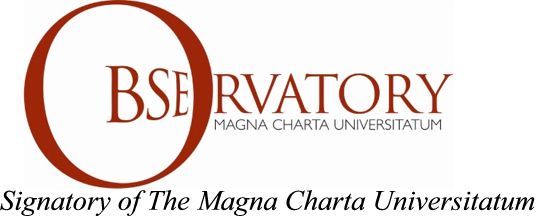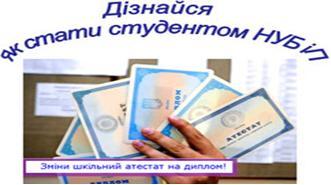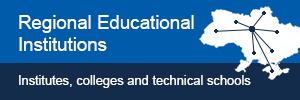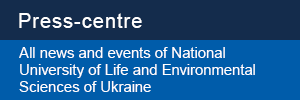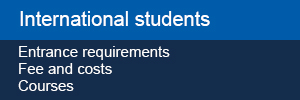„WOLNI Z WOLNYMI, RÓWNI Z RÓWNYMI…”: Ukrainian-Polish scientific cooperation is strengthening in NULES of Ukraine
On May 14, on the basis of the National University of Life and Environmental Sciences of Ukraine, the second international scientific-practical conference "UKRAINE-POLAND: STRATEGIC PARTNERSHIP IN THE SYSTEM OF GEOPOLITICAL COORDINATES" was held. Despite the quarantine announced in Ukraine, as in many countries around the world, in connection with the COVID-19 pandemic, the organizing team decided not to stop preparing for the event, but instead to use modern online communication technologies. Thus, the participants were able to join the conference thanks to the Webex platform, which combined their efforts and allowed to establish a platform for the exchange of scientific and practical developments and ideas.
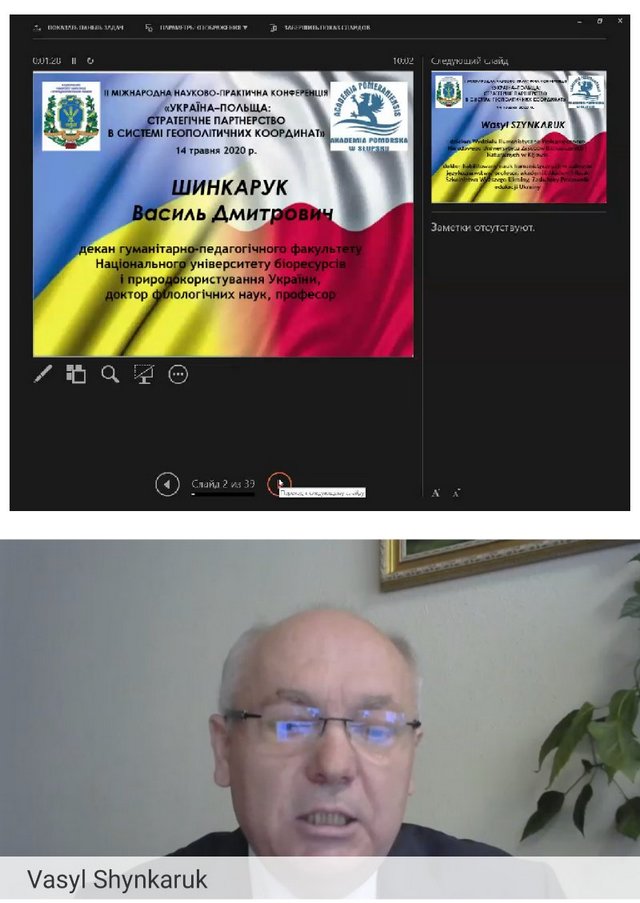
The conference was opened by the dean of the faculty for humanities and pedagogics of NULES of Ukraine, professor Vasyl Shynkaruk, who stressed the importance of bilateral Ukrainian-Polish cooperation and reminded of the active cooperation in education, including NULES of Ukraine, which is consistently implemented in the form of student exchange, double diplomas recognized in the countries of the European Union, internships for instructors

The rectors of the two co-organizing universities of the conference addressed the audience with a welcoming speech. Rector of NULES of Ukraine, academician Stanislav Nikolaenko noted that the spirit of cooperation between Ukraine and Poland should prevail even in the conditions of closing borders and introduction of quarantine restrictions. "Without an independent Ukraine, there can be no independent Poland and vice versa," Stanislav Mykolayovych recalled the famous statement of the head of the Polish state Józef Pilsudski.

The rector of the Pomeranian Academy in Slupsk, professor Zbigniew Osadowski, stressed the importance of the experience gained in the cooperation of the two universities in the field of education, in particular in the double degree program, and confirmed his readiness to develop new projects. He added that "without an independent Ukraine, there can be not only an independent Poland, but Europe as a whole."
In their speeches, the participants of the plenary session of the conference emphasized the strategic nature of the partnership between Ukraine and Poland. In particular, the Chairman of the Supervisory board of NULES of Ukraine, professor of the department of international relations and social sciences Mykola Tomenko drew attention to the importance of joint counteraction of Ukraine and Poland as two European states most affected by World War II, attempts of modern Russia to monopolize historical truth
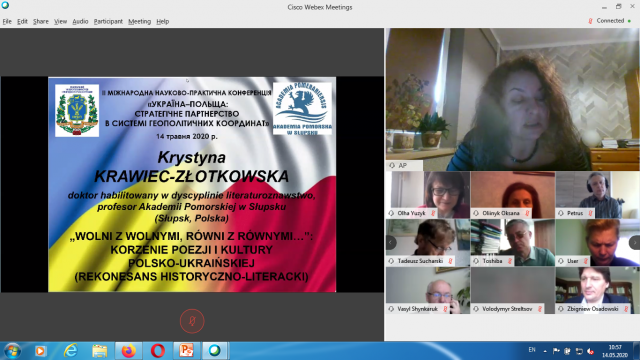

Professor of the Pomeranian Academy Krystyna Kravets-Zlotkowska reminded of the common historical destiny of Ukraine and Poland under the slogan "Free with free, equal with equal" and outlined the key features of the development of Polish-Ukrainian literature of the Renaissance. Professor Tadeusz Sucharski's report took the audience back to the XX century, when Ukrainian and Polish emigrants created a common future for both countries.
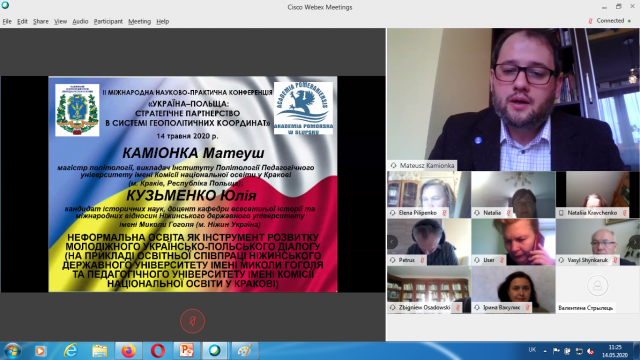
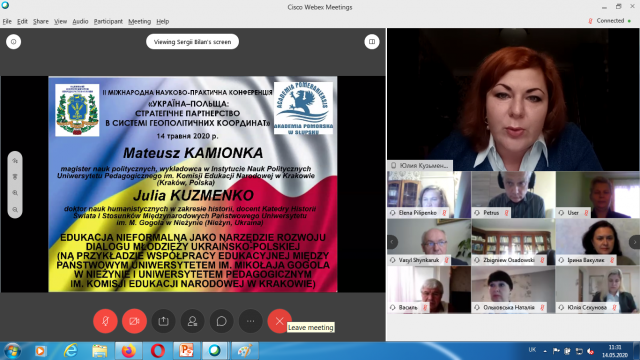
Master of political science Mateusz Kamionka (Krakow) and Associate Professor Yulia Kuzmenko (Nizhyn) revealed in the report the key areas of non-formal education as a tool of Polish-Ukrainian dialogue on the example of cooperation between Mykola Gogol Nizhyn State Pedagogical University and Commission on National Education in Krakow Pedagogical University.
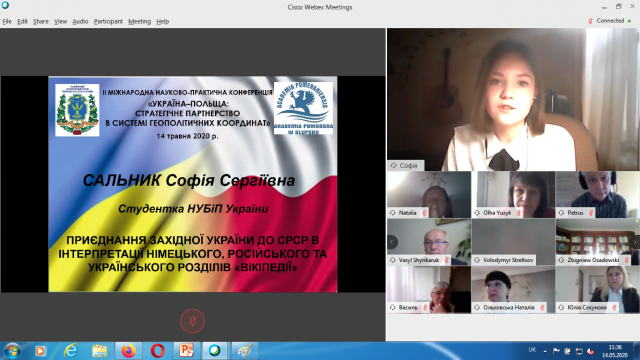
Sofia Salnyk, a student at the faculty for humanities and pedagogics at NULES of Ukraine, traced how Western Ukraine's accession to the USSR in 1939 was reflected in the relevant sections of Wikipedia in German, Russian, and Ukrainian, and how contradictions arose in covering these events and how politically colored they were.

Concluding the plenary session, the report on the points of understanding between Ukraine and Poland was delivered by Volodymyr Kaluha, professor of the department of international relations and social sciences of NULES of Ukraine. He noted that bilateral cooperation can be based on both pragmatic calculations and romantic ideas, and most importantly - maintaining a friendly atmosphere of mutual trust and respect, because it will depend on the specific result.
A total of 305 participants submitted their theses, representing 44 scientific, educational and higher education institutions in seven countries. More than 200 of them took part in the online conference directly.
Bohdan Hrushetskyi,
Oleksandr Sevastyanov,
associate professors of the department of
international relations
and social sciences



